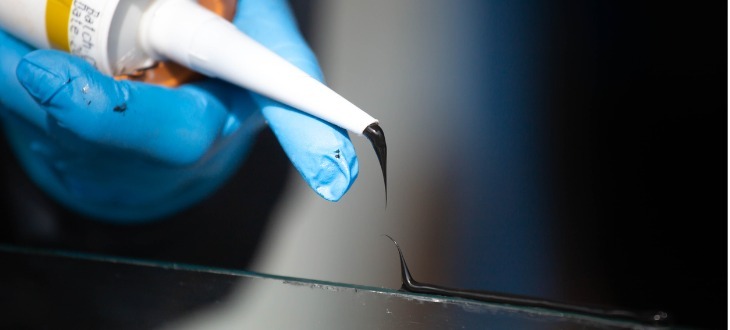Super glue, also known as cyanoacrylate adhesive, is a versatile and handy adhesive used for various purposes. It’s renowned for its fast bonding capabilities, but many people wonder if it’s effective for metal surfaces. This comprehensive blog post will dive into the world of superglue and explore its compatibility with metal. By the end of this post, you will understand whether superglue is a suitable choice for bonding metals and some tips for successful application.
Understanding Super Glue
Super glue is a type of adhesive that belongs to the family of cyanoacrylate adhesives. These adhesives are known for their ability to bond quickly and securely to various surfaces. Super glue typically comes in a liquid form and is packaged in small bottles with precision applicators.
The Science Behind Super Glue
To understand how superglue works, knowing the science behind it is essential. Superglue bonds surface through a chemical reaction with moisture in the air. When applied to a surface, the cyanoacrylate molecules in the glue form a bond with the hydroxyl ions present in water vapor, initiating the polymerization process. This process results in the formation of a strong and durable bond.
Does Super Glue Work on Metal?
But, does super glue work on metal? The answer is yes — but with some conditions and considerations. They include:
1. Cleanliness is Key
Before attempting to bond metal with super glue, it’s crucial to ensure that the metal surfaces are clean and free from any contaminants such as grease, oil, or rust. Cleaning the metal with a degreaser or rubbing alcohol and sanding it lightly can improve the bonding process.
2. Surface Type Matters
The type of metal you are working with can impact the effectiveness of superglue. Superglue tends to work better on non-porous metal surfaces like stainless steel, aluminum, and copper. These metals provide a smoother and more receptive surface for the glue to bond to.
3. Roughening the Surface
If you are dealing with a less receptive metal surface, you can improve adhesion by roughening it with sandpaper or a metal file. This creates small grooves and increases the surface area for the glue to bond to.
4. Use the Right Super Glue
Not all superglues are created equal. When working with metal, choosing a specialized metal bonding super glue is best. These formulas are designed to provide optimal adhesion to metal surfaces and offer superior strength.
5. Apply Sparingly
Less is often more when using super glue. Apply a thin, even layer to one of the metal surfaces you want to bond. A little goes a long way. Excess glue can result in messy and ineffective bonding.
6. Clamp for Support
Use clamps or weights to hold the bonded surfaces together for the best results while the glue sets. This ensures a strong and secure bond.
7. Allow Proper Curing Time
Cyanoacrylate adhesives like superglue bond quickly, but they continue to cure over time. Depending on the brand and type, the bond may take several hours or even a day to reach its full strength. Avoid subjecting the glued parts to stress or heavy loads during this curing period.
Superglue can be an effective adhesive for bonding metal surfaces when used correctly. Proper surface preparation, selecting the right glue, and following the recommended application techniques are crucial for success. While super glue can create strong and durable bonds on metal, keep in mind that other specialized adhesives are available for specific metal-to-metal applications. Always read the manufacturer’s instructions and safety precautions when using any adhesive to ensure optimal results and safety. Superglue can be a valuable tool for various metal bonding projects with the right approach.
Visit Tampa Steel & Supply for Quality Metal and Metal Processing Services
Do you need help with metalworking and keeping your metal fresh? The experienced professionals at Tampa Steel & Supply are here to help. We provide the highest quality of services to our customers.
Request a Quote Online
Or Call Tampa Steel & Supply at (813) 241-2801

